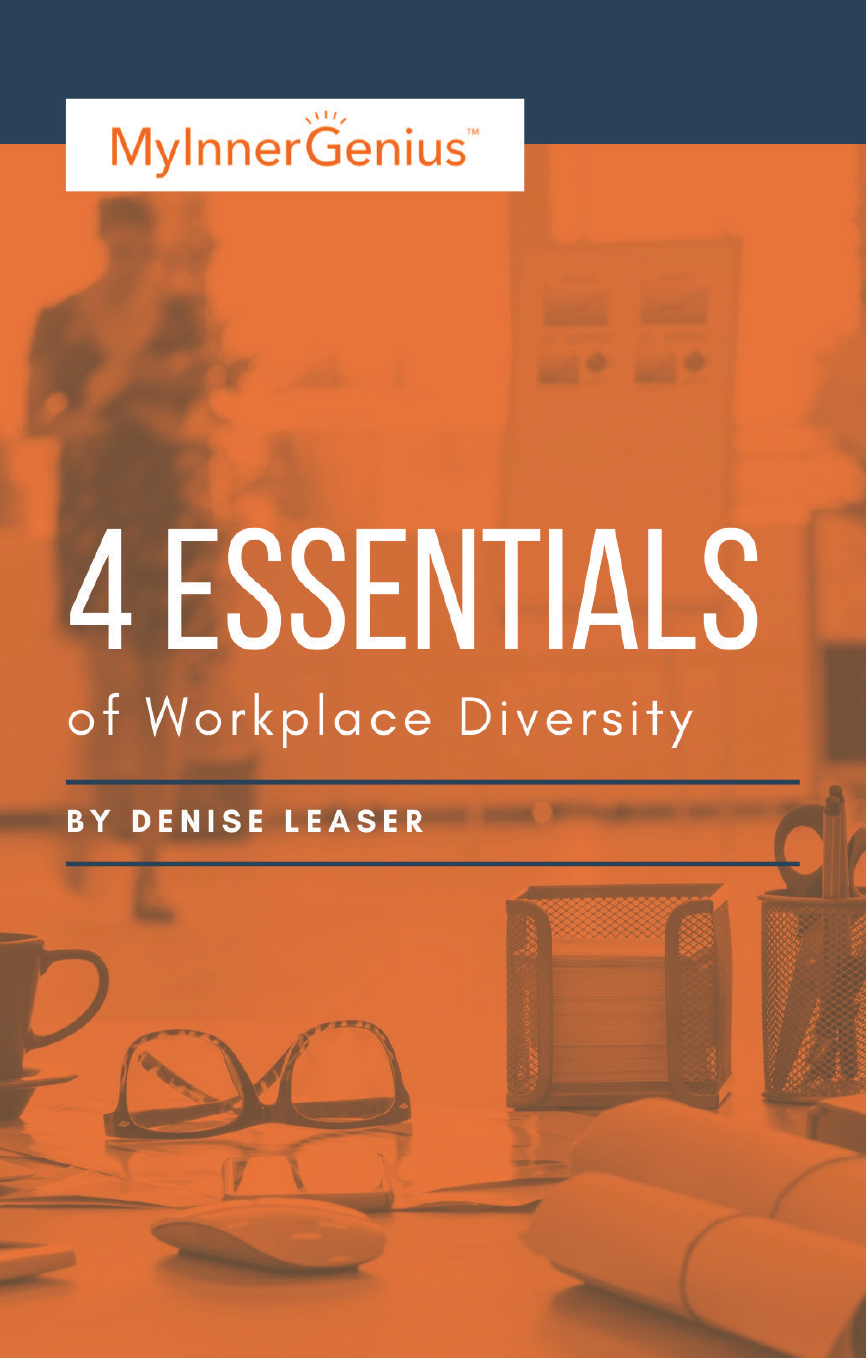Two applicants stand before you, each a great addition to your team in their own way. But unfortunately, you only have the room and budget to hire one. How can you make your decision in a fair and equitable way that will also help you decide which person would be the best fit for your team? It starts with thinking outside the box when hiring.
First, forget about resumes
As hiring practices change, we’ve been able to see the shortcomings of selecting a candidate to interview based solely on their resume.
There’s nothing inherently wrong with a resume, but it’s nothing more than a summary of a person’s professional history. But it’s sort-of like only seeing the world through the rearview mirror—you can see where a candidate has been but not where they have the potential to go. Hiring managers or job placement workers who read a candidate’s resume in full will still be left with only an outline of a living, breathing person.
Resumes only show you the skills that the applicant thinks you want to see, and they might not even be correct. Further, resumes only show you where a person has worked and the basic functions they performed, but not how well they did or what else they brought to the company. And, unfortunately, nearly half of all candidates include little white lies on their resumes, according to an SHRM study.
Most employers, especially those using resume readers, spend seconds on a resume and can’t read between the lines—assessments are more time-efficient and allow you to understand a person’s potential and how it relates to what you need in your roles.
Second, give them each a pre-hire assessment
With an effective, validated, unbiased assessment you may find the determining factor that separates two similar candidates and fill in the gaps left by resumes.
The life of a hiring professional is a busy one; you have a lot of people wanting an interview and not enough time in a day. By requiring applicants to take an assessment before they submit their resume, you’ll have much better insight into who you can pass on reviewing any further.
Pre-hire assessments can assess cognitive skills and abilities and personality traits and give you better insight into someone’s capabilities, especially as they relate to what you need in your roles, than a resume ever will. If you’re looking to fill a position for an IT expert who will spend their day face down in software, it’s not necessarily important they have sparkling people skills. On the other hand, if you’re hiring for a role that includes a lot of face-to-face time with clients, the candidate with the more magnetic personality might be the better option than someone more traditionally qualified.
Third, do a structured interview
Did you know that the interview is one of the most expensive parts of the hiring process — but one of the least effective? You are spending at least an hour preparing for and interviewing each candidate – but without a structured plan, this one-on-one time is extremely expensive, not very productive, and can introduce a lot of bias into the hiring process.
Structured interviews that are competency-based ensure that you are evaluating people in a very effective way without introducing bias. Using structured tools removes as much subjectivity as possible.
Having a set of questions that you ask every candidate creates a more equal playing field than a free-flowing interview style. Also, remember to not base your questions off of “must-haves” for the position like a specific degree or experience at a similar company and instead ask interviewees about how they attained the skills you’re seeking and why they feel they’re the best candidate for the position.
Now, you can evaluate all of your candidates impartially. You won’t have to look back through your notes or try to remember the most relevant parts of an hour-long, free-form conversation. You’ll have multiple, straightforward answers to the same questions and will be able to make a decision based on better data.
Will all of these lead you down a path to where, at the end of the hiring process, you’ll be able to make an entirely certain decision about which candidate you’ll hire? Probably not, but by collecting as much data as possible you’ll be able to weigh your decision in a manner that’s more fair and equitable to all candidates.
You alone know what’s best for your company and what kind of candidate is going to succeed in your environment. Improving your hiring process and getting as much unbiased data as possible are just the measures you’ll have to take to weigh the decision more carefully. It might seem like more work on your part, but more work will help to deliver a better result.

